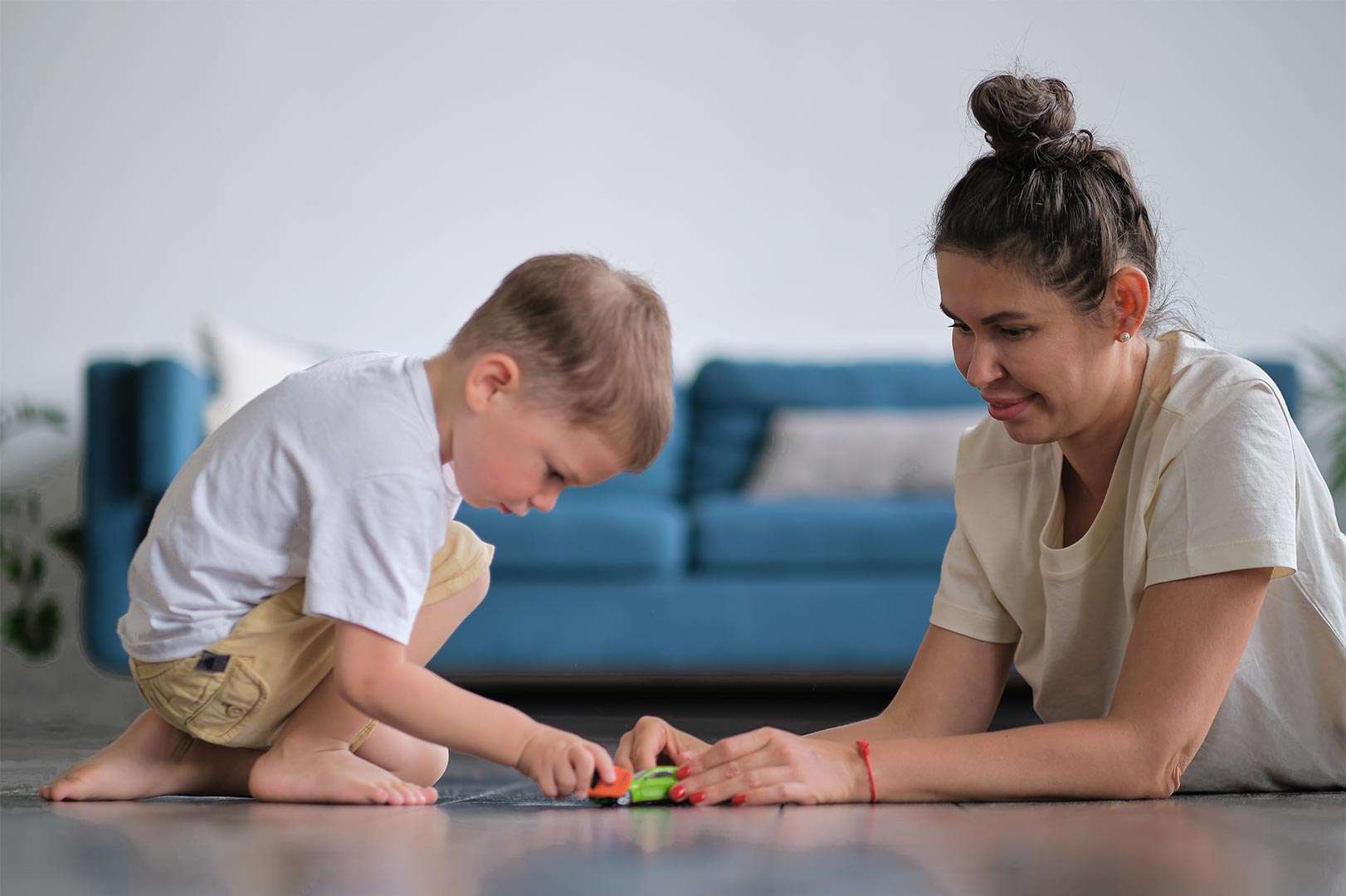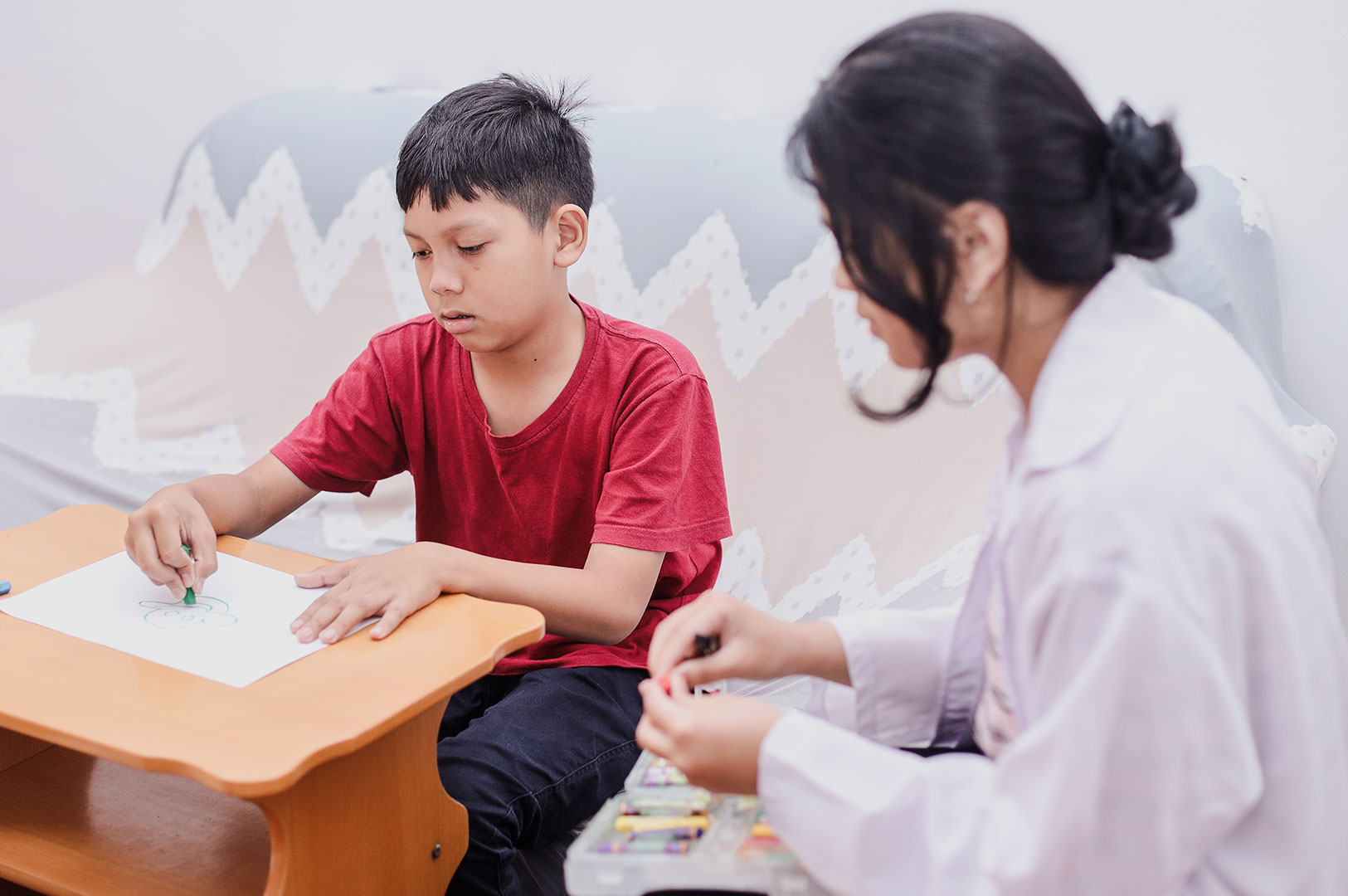Autism spectrum disorder (ASD) is a complex developmental condition that can cause significant social, communication, and behavioral challenges. One of the most common behaviors associated with ASD is stimming, which is repetitive or rhythmic body movements or vocalizations. While stimming can be disruptive or even dangerous, it is often a way for people with ASD to regulate their emotions and sensory input.
Another behavior that can be associated with ASD is self-injurious behavior (SIB), which is any behavior that intentionally causes harm to oneself. SIB can range from mild to severe, and can include behaviors such as head banging, biting, scratching, and hair pulling.
What is stimming?
Stimming is a repetitive or rhythmic body movement or vocalization that is often used by people with ASD to regulate their emotions and sensory input. There are many different types of stimming, and some common examples include:
- Hand flapping
- Rocking back and forth
- Tapping or drumming on surfaces
- Spinning objects
- Making repetitive noises
- Repeating words or phrases
Stimming can be disruptive or even dangerous, but it is important to remember that it is often a way for people with ASD to cope with overwhelming emotions or sensory input. When stimming is not harmful, it is best to allow people with ASD to stim in a way that is comfortable for them.
What is self-injurious behavior?
Self-injurious behavior (SIB) is any behavior that intentionally causes harm to oneself. SIB can range from mild to severe, and can include behaviors such as:
- Head banging
- Biting
- Scratching
- Hair pulling
- Hitting oneself
- Swallowing objects
SIB can be caused by a variety of factors, including:
- Sensory overload
- Emotional distress
- Learned behavior
- Medical conditions
SIB can be a serious problem, and it is important to seek professional help if you or someone you know is engaging in self-injurious behavior. There are a variety of treatments available for SIB, and the best treatment will vary depending on the individual.
How to help someone with autism who is stimming or engaging in self-injurious behavior:
If you know someone with ASD who is stimming or engaging in self-injurious behavior, there are a few things you can do to help:
- Identify the triggers. What seems to set off the stimming or self-injurious behavior? Once you know the triggers, you can try to avoid them or find ways to manage them.
- Provide a safe and supportive environment. Make sure the person has a safe place to stim or express their emotions. You can also provide them with sensory toys or activities to help them regulate their emotions.
- Talk to the person. Let them know that you are there to help and that you understand what they are going through. You can also talk to them about the triggers and how to manage them.
- Seek professional help. If the stimming or self-injurious behavior is severe, it is important to seek professional help. There are a variety of treatments available, and the best treatment will vary depending on the individual.
Stimming and self-injurious behavior are two common behaviors that can be associated with ASD. While these behaviors can be disruptive or even dangerous, it is important to remember that they are often a way for people with ASD to cope with overwhelming emotions or sensory input. If you or someone you know is engaging in stimming or self-injurious behavior, there are a few things you can do to help. By identifying the triggers, providing a safe and supportive environment, and talking to the person, you can help them to manage their behavior and live a more fulfilling life.
Find out if your child needs extra support today!
- My child screams hysterically
- My child is mean to other children
- My child is always worried
- My child is scared to go to school
- My child is scared of loud noises
- My child doesn’t know how to read
- My child is scared to play outside
- My child does not respond to his name
- My child always gets in trouble
- My child fights with other children
- My child doesn’t know how to count
If you are concerned about your child’s development, contact us for Assessments: Phone/Telegram: 077.455.993 – Telegram Link: https://t.me/OrbRom
If you are concerned about your child’s development, contact us for Assessments.
Phone/Telegram: 077.455.993 Link: https://t.me/OrbRom






Leave A Comment